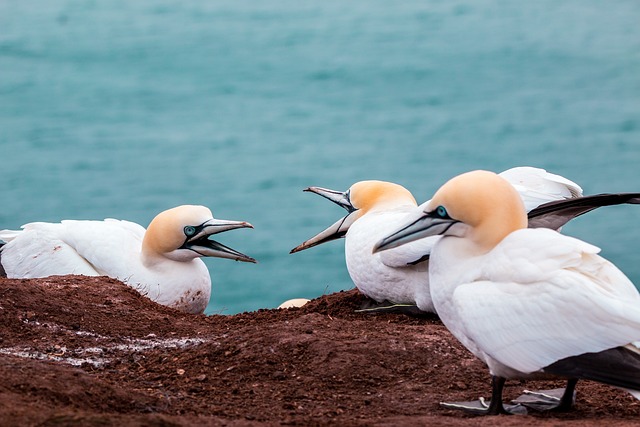Historic Trouble on November 17th in Africa: Ivory Coast
On November 17th, we reflect on the tumultuous past of Ivory Coast, a nation that has faced numerous historic troubles. From civil wars to military coups, the country’s journey has been marked by both triumphs and setbacks.
TL;DR:
- Ivory Coast has faced significant historic troubles, including civil wars and military coups.
- The First Ivorian Civil War (2002-2007) and the Second Ivorian Civil War (2010-2011) displaced millions and caused widespread suffering.
- Military coups have overthrown governments and destabilized the country, leading to political and economic crises.
- Despite these challenges, Ivory Coast has made progress towards stability and development in recent years.
The First Ivorian Civil War (2002-2007)
The First Ivorian Civil War erupted in September 2002 due to ethnic and political tensions. Rebel forces seized control of the northern part of the country, leading to a bloody conflict that lasted for five years. The war displaced over a million people and caused widespread economic damage.
The Second Ivorian Civil War (2010-2011)
Following a controversial presidential election in 2010, fighting broke out once again in Ivory Coast. The Second Ivorian Civil War was even more devastating than the first, resulting in over 3,000 deaths and the displacement of millions more people.
Military Coups
Throughout its history, Ivory Coast has experienced several military coups. In 1999, a military junta overthrew the government of President Henri Konan Bédié. In 2002, another coup led to the outbreak of the First Ivorian Civil War.
The Path to Stability
In recent years, Ivory Coast has made significant progress towards stability and development. A new constitution was adopted in 2016, and the country has held peaceful presidential elections. Economic growth has increased, and the country has been praised for its efforts to address poverty and inequality.
Notable Figures
- Henri Konan Bédié: Former President of Ivory Coast who was overthrown in a military coup in 1999.
- Laurent Gbagbo: Former President of Ivory Coast who was defeated in the 2010 presidential election and refused to concede, triggering the Second Ivorian Civil War.
- Alassane Ouattara: Current President of Ivory Coast who was elected in 2010 and has overseen a period of relative stability and economic growth.
If You Know, You Know…
Why did the elephant cross the border into Ivory Coast?
Because it was tired of all the tusk.
Conclusion
The historical troubles of Ivory Coast serve as a reminder of the fragility of peace and stability. Despite the challenges it has faced, the country has shown remarkable resilience and is poised for a brighter future. The lessons learned from its tumultuous past can help Ivory Coast and other nations avoid similar conflicts in the years to come.
